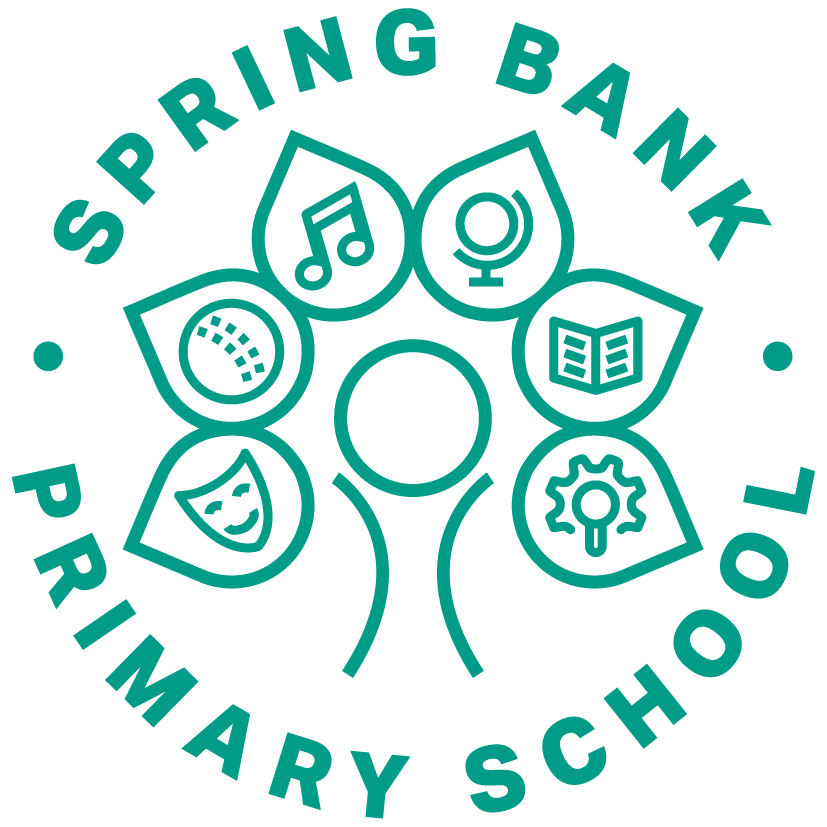Our Curriculum
Year 3
WELCOME TO YEAR 3 2024 - 2025
Class Teachers: Mrs Tracey Baruah
Teaching Assistant: Mr George Martin
Year 3 will also be taught by Mrs Wilton on Wednesday afternoons and Thursday mornings.
Mr Martin has worked at Spring Bank for just over a year now and has quickly developed excellent working relationships with all the children. He supports all the children in class at different times, helping them to achieve their full potential.
Mrs Baruah is an experienced teacher who has worked at Spring Bank for many years. She enjoys getting outside to work on the allotment and teaching maths!
Reading Homework:
Please help your child to read every day at home.
Reading homework is set by the teacher every week after our guided reading lesson on a Wednesday. The children need to complete the reading and comprehension questions in the reading journal provided and bring it back to school ready for the next guided reading session.
Library Day:
Our library day is Thursday. Children can change the book they have chosen every week, if they choose to.
PE Lessons:
Year 3 has PE on Monday and Wednesday each week. Please ensure that your child comes to school in the correct PE kit on these days. Please can children who have long hair ensure it is tied back.
Acceptable PE kit:
- blue/black shorts or jogging bottoms
- white t-shirt
- running trainers
- blue/black sweatshirt or hoodie for outdoors
Helpful Websites:
TTRockstars - Develop silky instant recall skills in a fun way! Rock on and learn those Times Tables!
Hit The Button - We all love to play this game. You can work on basic number facts and Times Tables to your heart's content!
Spelling Shed - Play set games to help you master all of those tricky spellings. Be a Spelling Superstar!
Purple Mash - Login to Purple Mash at home and take advantage of all the games across the curriculum which can help you brush up on things we have done or get ahead on what is coming up later in the year!
Science - BBC BItesize is a great place to start your Y3 Science learning. Can you score full marks on the quizzes?
Get In Touch
- Spring Road,
Headingley,
Leeds,
LS6 1AD - 0113 204 3120
- hello@springbank.owlcotesmat.org

